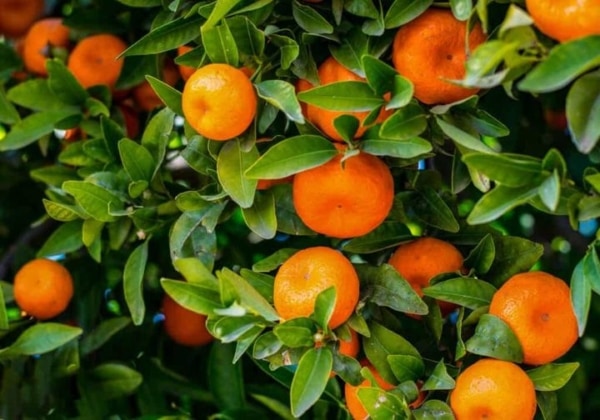Traditionally new businesses were set up primarily to provide their owners with a profit. Making money was the key motivator and other, more meaningful, altruistic considerations seldom figured.
But today increasing numbers of women are going into business for much more wholesome reasons than merely making a buck.
These are the so-called green goddesses: women with great ambitions to save the planet, keep us healthy and make us feel good — preferably all at the same time.
Tamra Ewing’s aim is to “fruit-up Auckland”. She’d like to see a lot more fruit trees growing in our city and for children to become accustomed to the joys of living in an “edible environment”.
And the 33-year-old is not beyond using guerrilla-style tactics to achieve her goal. Ewing recently conducted a series of undercover mandarin tree plantings near playgrounds in public parks from Waterview to Mt Eden.
She did not seek council permission to plant the 10 satsuma mandarin trees but, having “subtly” planted them in existing garden beds, she suspects they haven’t been noticed yet, that possibly they won’t be until they starting fruiting in a couple of years.
But it’s not all covert activities for this motivated woman. More conventionally, Ewing also runs Fruity Gumboot — a fledging business operating since May this year, offering packages of fruit trees selected, planted and organically maintained in customers’ own backyards.
“I didn’t want to just plant a fruit tree and then leave and go: ‘Good luck’, and never see them again,” she says.
Priced from $450, typical fruit tree combinations are persimmon, feijoa and apple or nectarine, nashi pear and mandarin.
“If you’re too busy, or not particularly interested in gardening, maybe intimidated by a lack of knowledge or put off by past failures … at the same time, if you really value the concept of raising fruit trees in the family, then I’m here to kick-start things, give you a positive first year.”
Ewing assesses a site prior to planting to ascertain the prime position for the specimens.
Cramped urban backyards can be a challenge but she thinks laterally. Planting in pots and espaliering are ways of successfully introducing fruit trees into unlikely settings.
Fruity Gumboot customers are mainly families, around 80 per cent of them with school-age children.
Ewing ensures that the children are consulted about the mini orchard that appears in their garden. She always asks what they like to eat.
“That’s a really good starting point to get them interested in an edible and organic environment,” she says.
Ewing keeps the littlies connected, with a range of age-appropriate activities such as “watching ladybirds devour aphids under a microscope or looking at the soil structure.”
Pollination activities involving “little knitted bees and big flowers” also feature, as does hypothesising the soil’s moisture content from the colour of the resident worms.
She describes the genesis of Fruity Gumboot as “one of those light-bulb moments” that came when she wrote a list of things about which she felt most passionate in the hope she could build a business around them.
They were: gardening, fruit, originality, creativity and community spirit.
Ewing’s eclectic background, which includes a degree in international communication, study in landscape architecture and a series of marketing roles has proved helpful in her new venture.
As mother to 9-year-old Summer and with a current total of 15 fruit trees and vines in her own garden, Ewing has first-hand understanding of the benefits fruit trees afford children.
“A fruit garden is a great chance to have really positive shared memories as a family,” she says. “Eating organically-grown fruit is actually a really small part of the experience. It’s all about watching the fruit grow, having some anticipation.”
With nostalgia for the days when backyards were more market garden than fashion statement, Ewing is somewhat scathing about recent garden trends.
“I think that we almost ruined a generation with the yuccas and the river stones,” she says. “You’ve got to think of it as normal to be outside and thinking: ‘Hmmm, I’m hungry; what is there [to eat]?”‘
She dreams of one day being commissioned by Housing NZ to plant feijoa and mandarin trees in the backyard of their properties to spread the fruitful message further.
In the meantime, keep your eyes peeled for a mandarin tree quietly popping up in a public space near you, courtesy of Ewing’s fruity mission.
“I’ll always do charitable plantings when I have the time.
